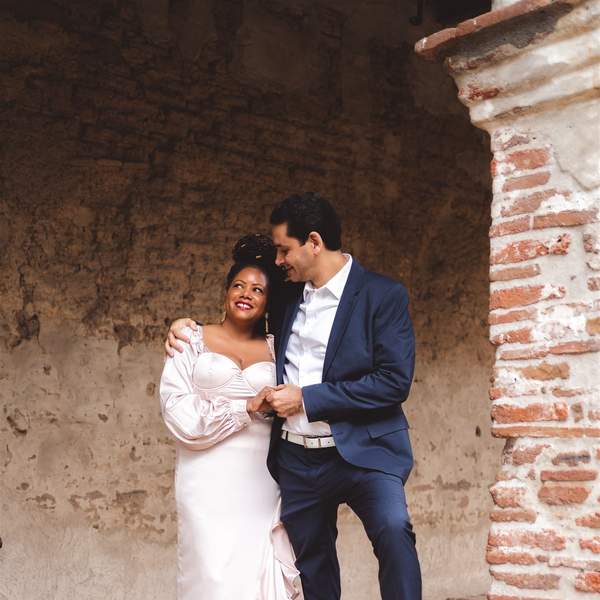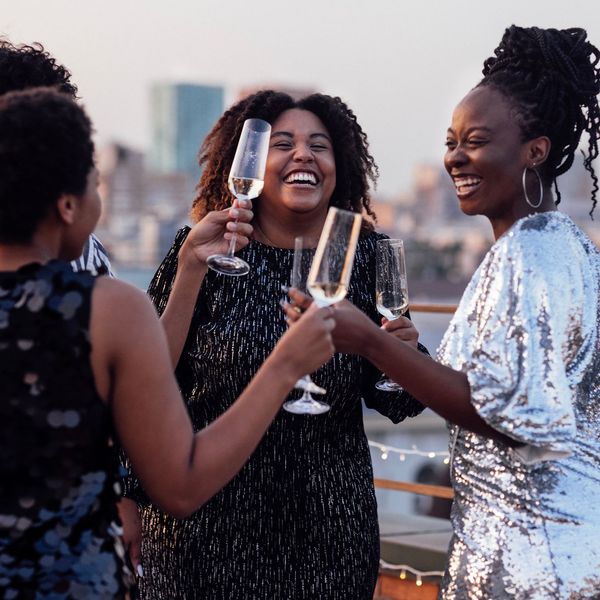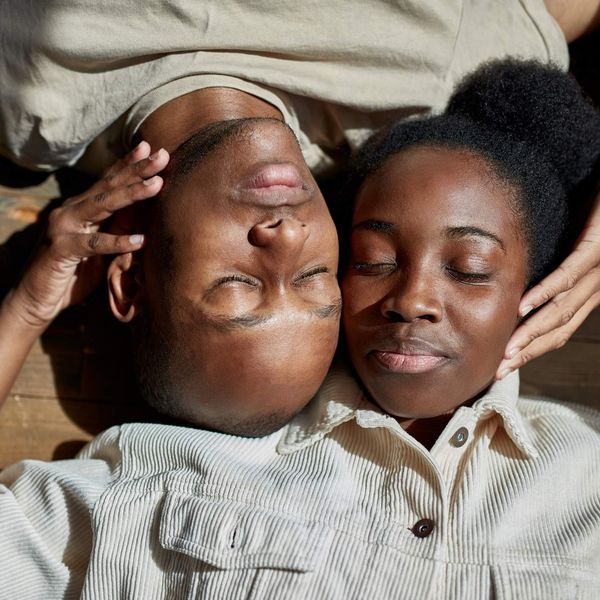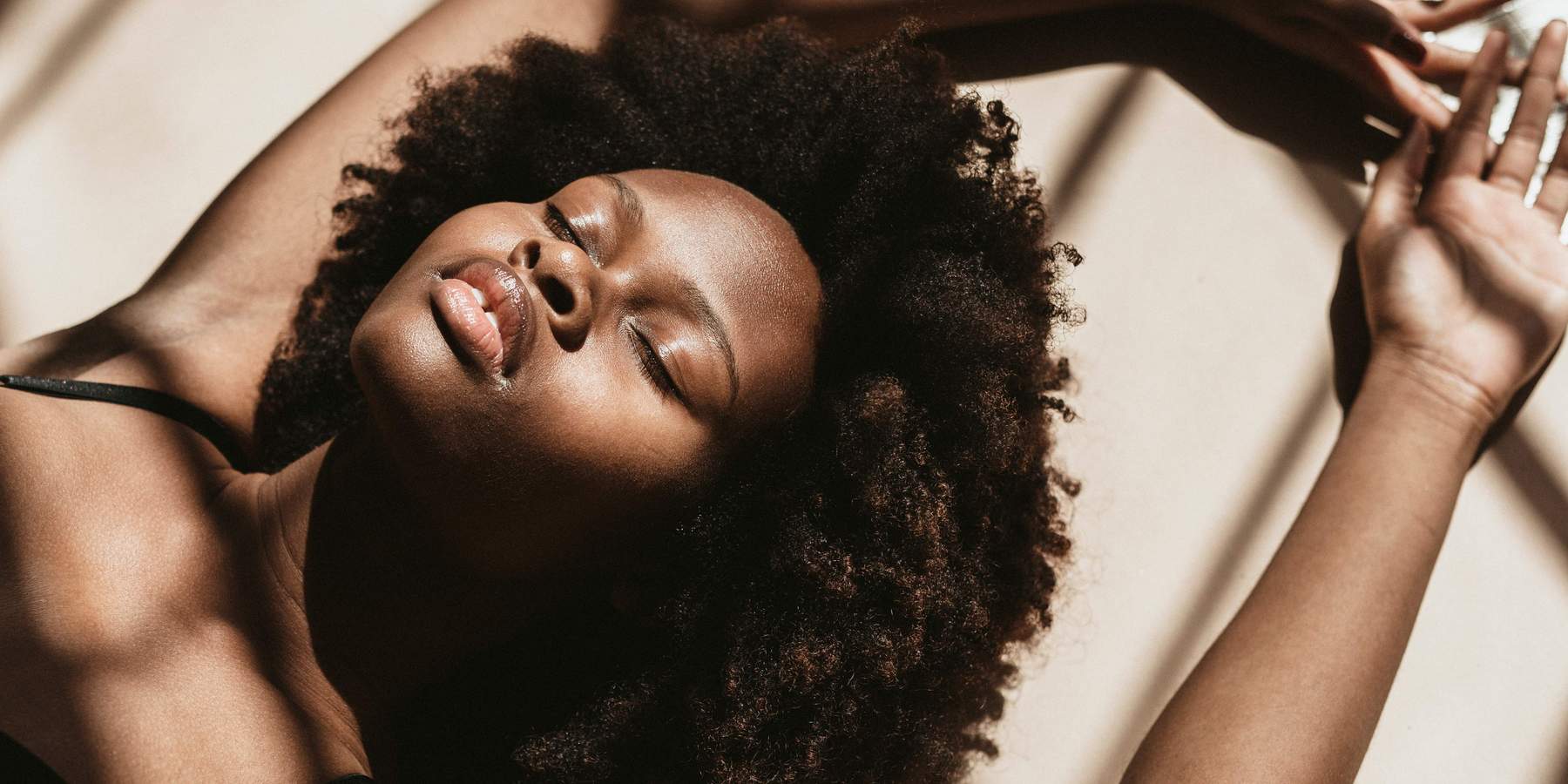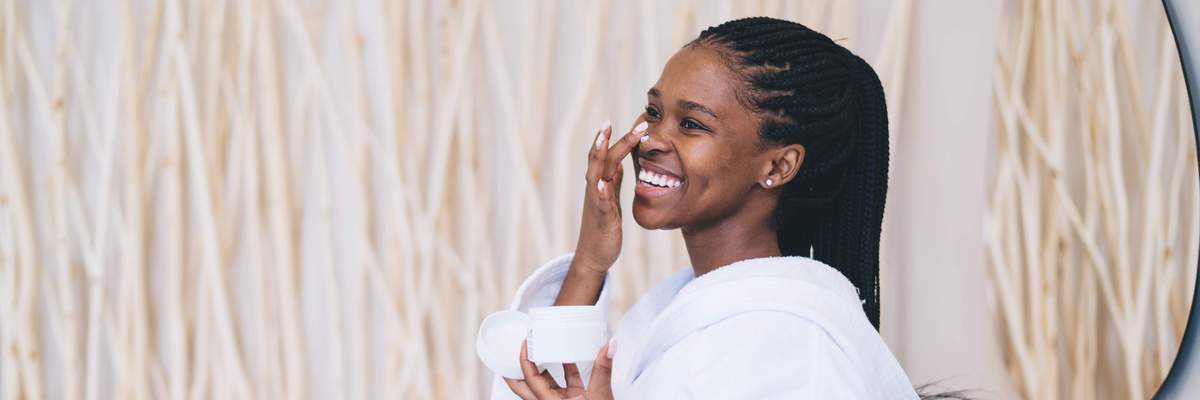The digital and daring world we live in today has provided so many opportunities to find love in unique and non-traditional ways. With more than 7.5 billion people frolicking around the world, it might feel intimidating to try and find who's actually right for us, as individuals.
When I look back at the earlier days of my and my husband's journey, it was the most random questions that showed us we had chemistry and could relate to each other like no one else. In fact, that's the purpose of asking your potential partner questions. It unlocks a pathway to communication by showing that you value what your partner thinks and feels while you learn more about their experiences and perspectives. Asking questions is the key to unlocking the potential of a true connection.
36 Questions Scientifically Proven To Make You Fall In Love
In a study conducted by Arthur Aaron (and made popular by an article in The New York Times), the question of whether or not people could fall in love with each other by asking each other a series of questions was tested. The lucky number was 36. And it's backed by science that these 36 questions can lead to love. There's only one way to find out.
The first set of questions include anything from who the potential lover would want as a dinner guest, to telling their entire life's story in four minutes. It also asks what they think you and the other person have in common, which is a clear indication of their perception of you.
36 Questions to Make You Fall in Love: Set I
1. Given the choice of anyone in the world, whom would you want as a dinner guest?
2. Would you like to be famous? In what way?
3. Before making a telephone call, do you ever rehearse what you are going to say? Why?
4. What would constitute a "perfect" day for you?
5. When did you last sing to yourself? To someone else?
6. If you were able to live to the age of 90 and retain either the mind or body of a 30-year-old for the last 60 years of your life, which would you want?
7. Do you have a secret hunch about how you will die?
8. Name three things you and your partner appear to have in common.
9. For what in your life do you feel most grateful?
10. If you could change anything about the way you were raised, what would it be?
11. Take four minutes and tell your partner your life story in as much detail as possible.
12. If you could wake up tomorrow having gained any one quality or ability, what would it be?
The second set appears to be a creative way to discover and unearth someone's history, without just coming out and saying, "So, where are you from?" Whether it's a question about their relationship with their mother, or what's most important in a friendship, these questions get DEEP deep.
36 Questions to Make You Fall in Love: Set II
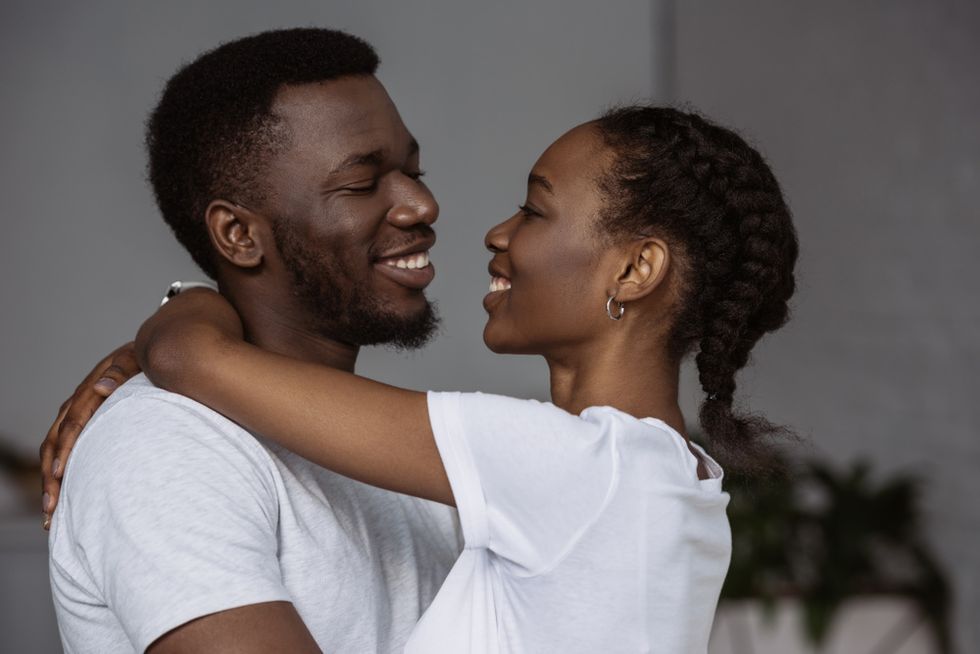
Shutterstock
13. If a crystal ball could tell you the truth about yourself, your life, the future or anything else, what would you want to know?
14. Is there something that you've dreamed of doing for a long time? Why haven't you done it?
15. What is the greatest accomplishment of your life?
16. What do you value most in a friendship?
17. What is your most treasured memory?
18. What is your most terrible memory?
19. If you knew that in one year you would die suddenly, would you change anything about the way you are now living? Why?
20. What does friendship mean to you?
21. What roles do love and affection play in your life?
22. Alternate sharing something you consider a positive characteristic of your partner. Share a total of five items.
23. How close and warm is your family? Do you feel your childhood was happier than most other people's?
24. How do you feel about your relationship with your mother?
The third and final set of questions is seemingly a way to build trust, which we all know is important in any relationship. But again, these questions take a thought-provoking approach by asking when is the last time they cried by themselves, asking them for advice on a personal problem, and even light-hearted questions like an embarrassing moment.
36 Questions to Make You Fall in Love: Set III
25. Make three true "we" statements each. For instance, "We are both in this room feeling ... "
26. Complete this sentence: "I wish I had someone with whom I could share ... "
27. If you were going to become a close friend with your partner, please share what would be important for him or her to know.
28. Tell your partner what you like about them; be very honest this time, saying things that you might not say to someone you've just met.
29. Share with your partner an embarrassing moment in your life.
30. When did you last cry in front of another person? By yourself?
31. Tell your partner something that you like about them already.
32. What, if anything, is too serious to be joked about?
33. If you were to die this evening with no opportunity to communicate with anyone, what would you most regret not having told someone? Why haven't you told them yet?
34. Your house, containing everything you own, catches fire. After saving your loved ones and pets, you have time to safely make a final dash to save any one item. What would it be? Why?
35. Of all the people in your family, whose death would you find most disturbing? Why?
36. Share a personal problem and ask your partner's advice on how he or she might handle it. Also, ask your partner to reflect back to you how you seem to be feeling about the problem you have chosen.
Do you think you could fall in love based on these questions? Comment and let us know!
Want more stories like this? Sign up for our newsletter here to receive our latest articles and news straight to your inbox.
Featured image by Shutterstock
- Third Date Questions To Ask A Guy - xoNecole: Women's Interest, Love, Wellness, Beauty ›
- Werid Reasons People Fall In Love - xoNecole: Women's Interest, Love, Wellness, Beauty ›
- Deep Questions To Ask Your Partner Strengthen Relationship - xoNecole: Women's Interest, Love, Wellness, Beauty ›
- The 36 Questions That Can Make 2 Strangers Fall in Love ›
- 50 Questions That Will Make You Fall Even Deeper In Love With ... ›
- Can 2 Strangers Fall in Love with 36 Questions? Joseph + Briar ... ›
- 36 Questions for Increasing Closeness | Practice | Greater Good in ... ›
- Can 2 Strangers Fall in Love with 36 Questions? Joey + Amy ... ›
- Want to Fall in Love With Your Partner Again? Science Says to Ask ... ›
- 36 questions designed to help you fall in love with anyone - Big Think ›
- Arthur Aron's 36 Questions that Make You Fall in Love with Anyone ... ›
- 36 Questions - How to fall in love with anyone ›
- The 36 Questions That Lead to Love - The New York Times ›




